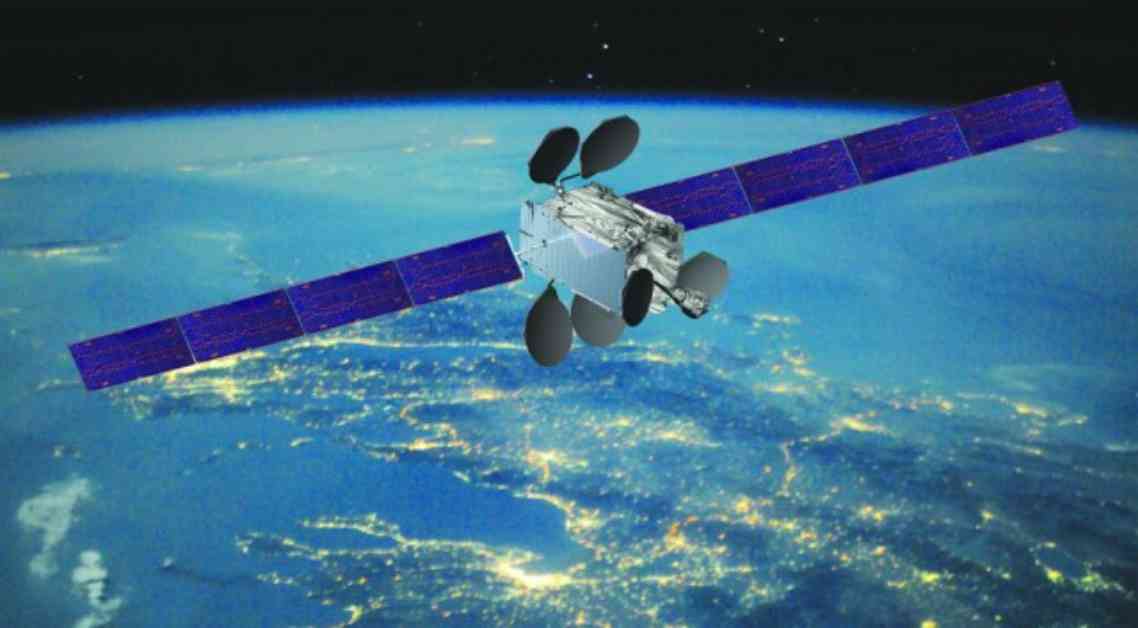Intelsat 33e, a satellite providing communications services across Europe, Africa, and parts of Asia Pacific, has encountered a power loss issue in geostationary orbit. The operator, Intelsat, revealed on October 19 that they are collaborating with Boeing, the satellite manufacturer, to investigate the problem. Unfortunately, Intelsat expressed doubts about the satellite’s recovery and disclosed that the satellite was not insured at the time of the incident.
Intelsat is currently working on transferring affected customers to other satellites within their fleet or to spacecraft managed by third parties. Intelsat 33e was launched in August 2016 and began its operational service in January 2017 at 60 degrees East. However, delays occurred during its deployment due to propulsion issues, shortening its expected lifespan by 3.5 years.
This satellite, part of Intelsat’s EpicNG series, follows the footsteps of Intelsat-29e, which was declared a complete loss in 2019 after just three years in space. The failure of Intelsat-29e was attributed to either a meteoroid impact or a wiring flaw that triggered an electrostatic discharge during heightened solar weather activity.
It is crucial for satellite operators and manufacturers to address these technical challenges to ensure the continuity of vital communication services for customers. The loss of Intelsat 33e highlights the complexities and risks associated with satellite operations in geostationary orbit. As the global space industry continues to evolve, advancements in satellite technology and operational strategies will play a key role in mitigating such incidents and enhancing the resilience of satellite networks.
The incident with Intelsat 33e serves as a reminder of the importance of insurance coverage for satellites operating in space. Companies in the satellite industry must assess and manage risks effectively to safeguard their investments and maintain operational capabilities. Collaborative efforts between satellite operators, manufacturers, and insurers are essential in addressing potential anomalies and ensuring the long-term sustainability of satellite missions.
As the space sector progresses, the lessons learned from events like the power loss of Intelsat 33e will contribute to the development of more robust and reliable satellite systems. By leveraging these experiences, stakeholders can enhance the performance and durability of future satellite deployments, ultimately benefiting customers and stakeholders in the satellite communication ecosystem.













